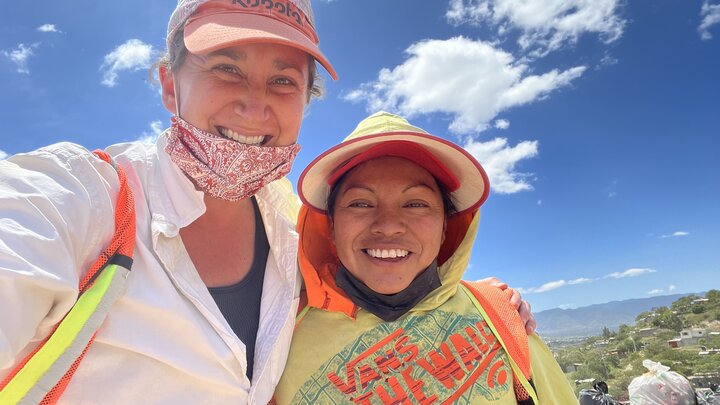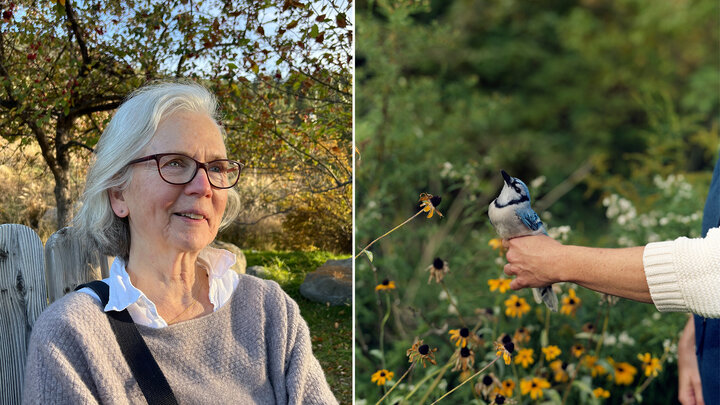Lincoln, Neb.—Kristen Graves, assistant professor of ethnomusicology in the Glenn Korff School of Music, received the Bess Lomax Hawes Prize in Applied Ethnomusicology during the annual meeting of the Society for Ethnomusicology in Atlanta, Georgia, in October.
The award is presented annually at the conference to recognize presentations that “advance the understanding and scope of applied ethnomusicology and the goal of connecting ethnomusicology to the public arena.”
The award is named for Lomax Hawes, who was a folklorist and ethnomusicologist who served as the Director of the Folk and Traditional Arts Division of the National Endowment for the Arts from 1977-1992.
Graves received the award for her paper titled “Song from the Discarded: The Multisensory Shaping of a Community Corrido in the Oaxaca Dump.”
“I share this award with my collaborators, the members of the Güie-Niza Labor Union in Oaxaca, Mexico, because they have taught me so much about sound and listening,” Graves said. “They routinely say to me: ‘Your success is our success,’ and I think of them daily as I draw on their lessons in my teaching, research and service to UNL. I feel humbled and grateful to receive this award, as it is a highly respected honor in our field. As an ethnomusicologist and a folksinger, I feel a debt of gratitude for the work that I am empowered to do, entering through doors that were opened to me by the hard-won efforts of Bess Lomax Hawes.”
Graves’ research examines the 42-year labor history of a workers’ union in the garbage dump of Oaxaca, Mexico, highlighting the community’s remarkable sonic knowledge.
“My research focuses on understanding and celebrating the listening and sound-making practices developed, mastered and shared by the Güie-Niza Labor Union,” Graves said. “Members used their expertise to engage with the sounds of the Oaxaca garbage dump in order to find, collect and sell recyclable materials and earn a living for 42 years.”
Her paper shows how the union’s multisensory environmental engagement led to the collaborative creation of a community song.
“Songwriting served as a multisensory act that further connected union members by honoring, presenting and empowering their shared legacy as hardworking, virtuosic, and community-oriented environmental stewards,” she said.
The award committee praised Graves’ paper as providing a “clear case study of applied practice in the form of collaborative songwriting.”




